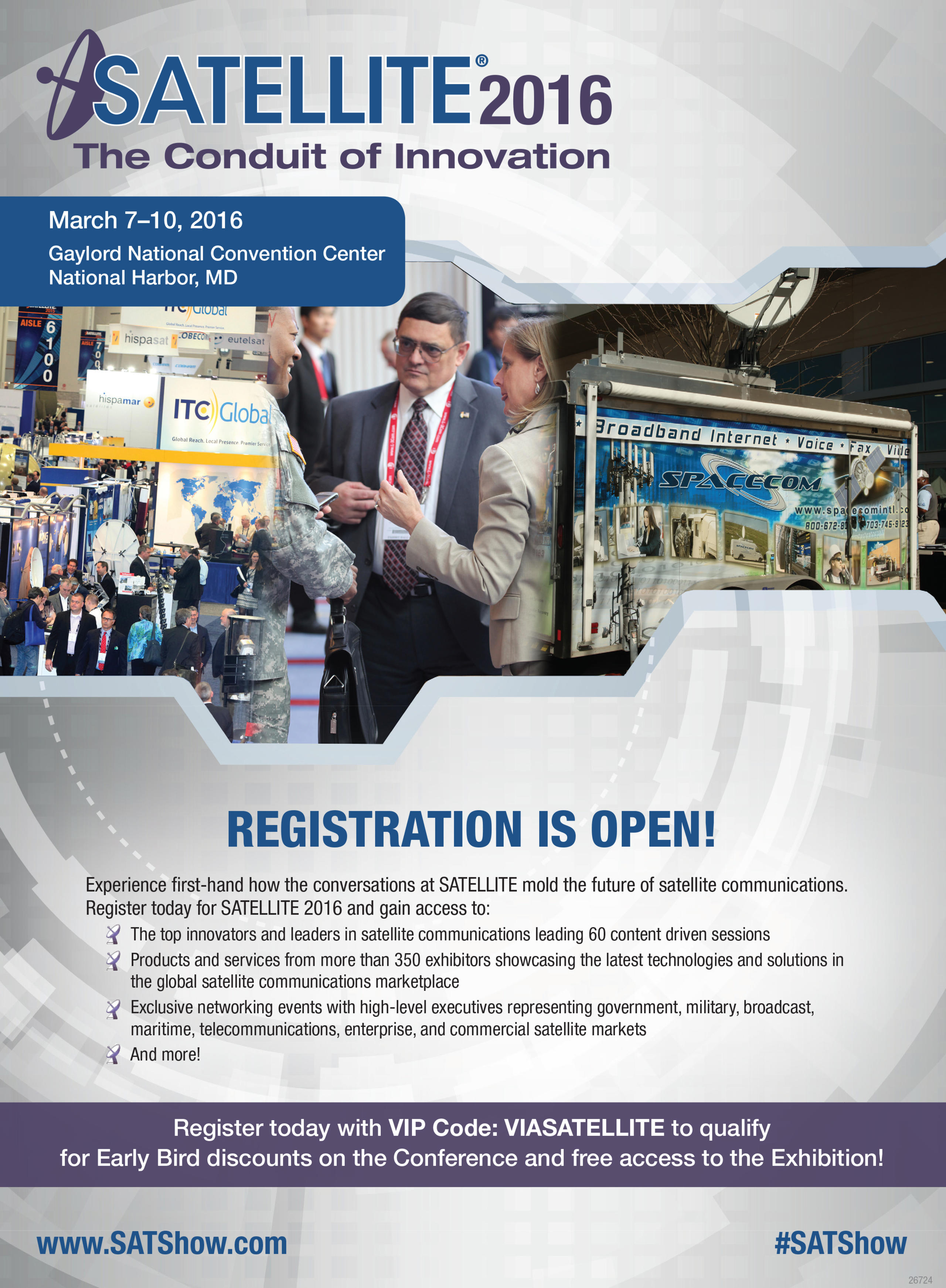
Generation Next: Fawaz Aref, Arabsat
Via Satellite interviews the new blood coming into the satellite industry to get a glimpse of their aspirations and impressions for satelliteOctober 13th, 2015The Middle East is a thriving region for satellite, with countries such as Saudi Arabia, the United Arab Emirates, and Qatar a hotbed for new satellite talent. Arabsat, the biggest operator in the region, has a number of talented young engineers in its rank. One is Fawaz Aref who is a senior control engineer for the company. Aref initially worked in the oil and gas sector before joining satellite. While he admits he didn’t really plan to work in the satellite industry, he says it has proved a rewarding experience. Aref says that understanding and visualizing the space environment is one of the things he enjoys most about working in the satellite industry. “It’s so peculiar and different than the one we live and experience,” he says.

Aref believes there is a growing interest among young people in Saudi Arabia to join the space industry. He mentions that Arabsat occasionally hosts students from various engineering schools across the kingdom and that every year the number of students and groups is on the increase.
When asked where the satellite industry may be in 20 years, Aref provides an interesting response. “With companies like Google [and] Facebook jumping on the space bandwagon, I believe 20 years from now, satellites will become like gadgets in your hands; not physically, of course, but everyday applications of life will be more directly connected and individually operated by common people. There will be a new spectrum of opportunities with micro satellites or condo-satellites, refuelable or re-useable satellites — I see the horizon becoming wider and wider. Maybe one day, you and I will have our own private mini-satellite for personal communication. My only concern is, with more satellites, we are creating more space debris as well. We, as global community, have to bring our efforts and resources together not only to limit the debris but to find creative ideas to recycle it.”
Aref says his generation is unique compared to previous ones because they have been bought up in a connected world. “We love to share and contribute openly. We see information, ideas, [and] technology as global thing — everybody has part in it. I feel our generation is changing the whole outlook of the industry. There was kind of standard parameters or a scope in which the industry was operating or interacting with others, but now, with new blood and new ideas, it is changing. The satellite industry is a partner to more and more businesses now than ever before.” VS











